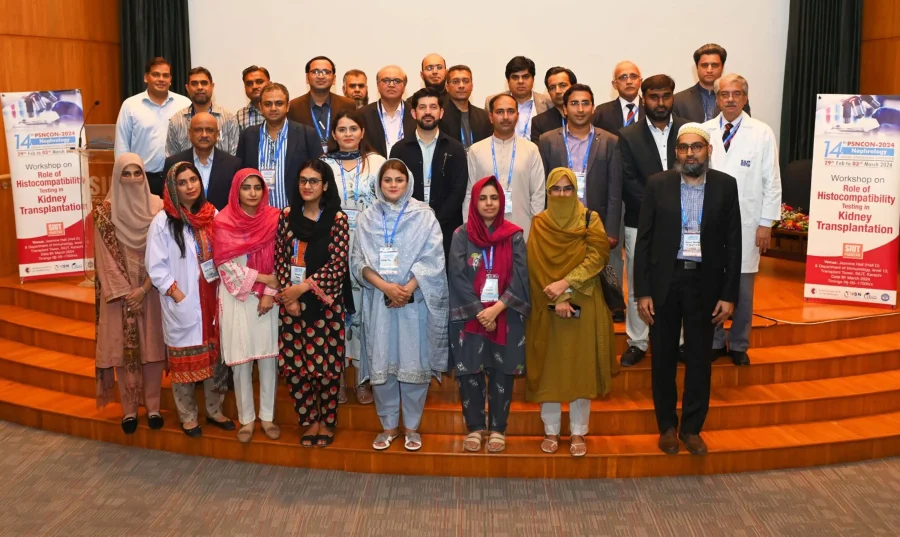Global nephrology experts gathered for the 14th Biennial Conference of the Pakistan Society of Nephrology (PSN) to address pressing issues in kidney health, spotlighting the unique environmental challenges faced by Pakistan. Hosted at the Agha Hasan Abedi and Suleman Dawood Transplant Tower Auditoriums of the Sindh Institute of Urology and Transplantation (SIUT), the conference featured discussions on the escalating prevalence of chronic kidney disease (CKD) in developing nations like Pakistan.
Shockingly, recent data unveiled that approximately 60% of end-stage kidney disease (ESKD) patients in the country suffer from underlying kidney stones or unknown causes, signaling an urgent need for comprehensive research and intervention strategies. Experts emphasized the necessity for community-based studies, advocating for the establishment of a comprehensive kidney registry and randomized controlled trials to better understand and combat the disease.
A major focus of the conference was the environmental impact on kidney health. Despite Pakistan’s minimal contributions to global warming, the nation is disproportionately affected by environmental degradation, posing grave implications for kidney health. Hemodialysis, the primary treatment modality for ESKD patients, raises environmental concerns due to its high energy consumption and water depletion. Moreover, the limited expansion of kidney transplantation programs and low societal participation in deceased organ donation initiatives exacerbate the challenges faced by patients.
Professionals such as Dr. Umar Farooq from the USA, Prof. Dr. Kieran McCafferty, and Prof. M. Magdi Yqoob from the UK, alongside distinguished figures from Pakistan including Prof. Fazal Akhtar and Dr. Mudassar Hussain, shared their invaluable insights and experiences during the conference, offering potential solutions to mitigate the growing burden of kidney disease in developing nations.
The PSN conference serves as a crucial platform for collaboration and knowledge exchange, driving efforts to address the complex intersection of environmental factors and kidney health, ultimately striving towards improved outcomes for patients worldwide.










